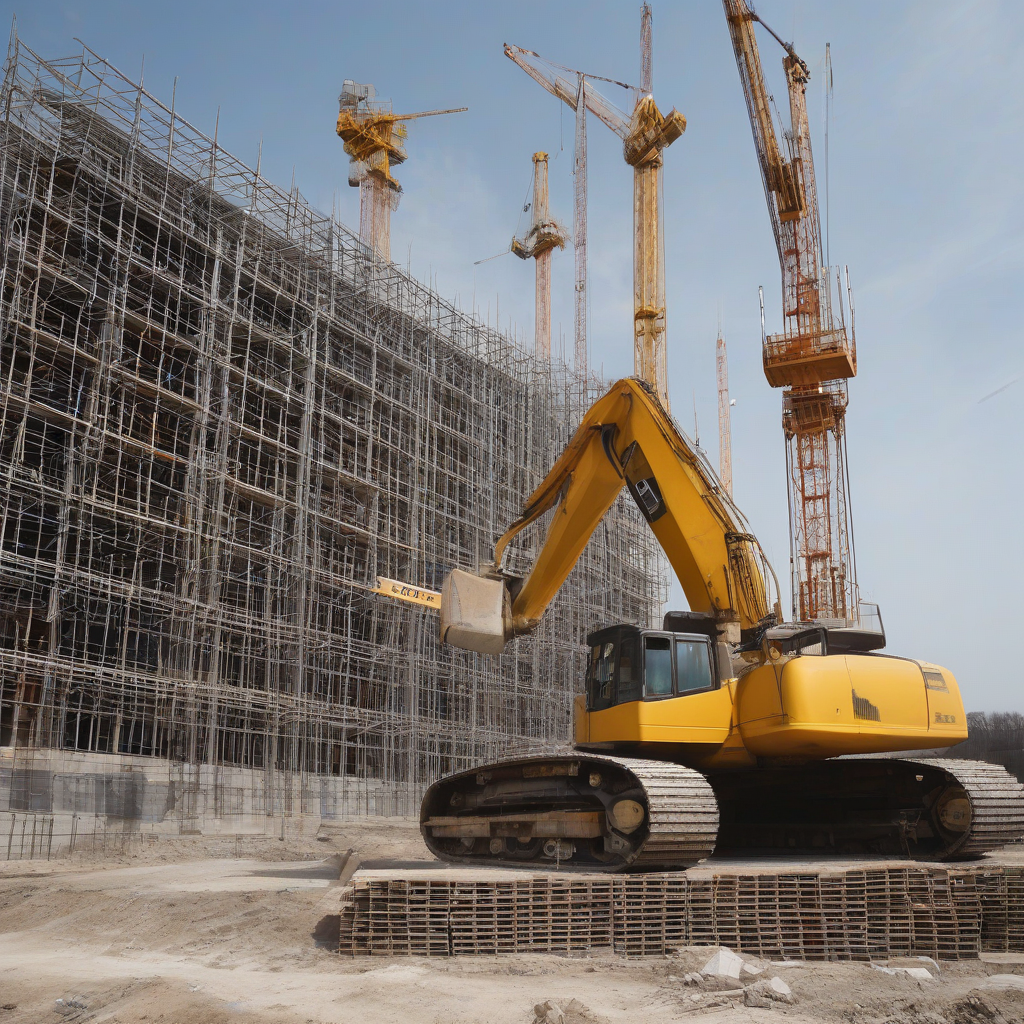Top Construction ERP Software: Streamlining Your Business for Success
The construction industry is known for its complexity, demanding meticulous project management, accurate cost tracking, and efficient resource allocation. Enterprises Resource Planning (ERP) software specifically designed for the construction industry offers a powerful solution to these challenges. By integrating various business processes, from project planning to accounting, construction ERP software can significantly enhance productivity, profitability, and overall operational efficiency. Choosing the right software, however, requires careful consideration of your company’s specific needs and size.
Key Features to Look for in Construction ERP Software
- Project Management: Robust tools for planning, scheduling, tracking progress, and managing resources across multiple projects simultaneously. This includes features like Gantt charts, critical path analysis, and task assignment capabilities.
- Cost Management: Accurate cost tracking, budgeting, and forecasting functionalities. The software should provide real-time visibility into project expenses, enabling proactive cost control and preventing budget overruns.
- Inventory Management: Efficient tracking of materials, equipment, and supplies. Features like automated inventory alerts and real-time stock visibility are crucial for preventing delays and minimizing material waste.
- Document Management: Centralized storage and management of all project-related documents, including contracts, blueprints, permits, and change orders. This ensures easy accessibility and version control.
- Financial Management: Integrated accounting capabilities for managing invoices, payments, and financial reporting. This includes features like accounts payable and receivable, general ledger, and financial statement generation.
- Reporting and Analytics: Dashboards and reports that provide insights into project performance, financial health, and resource utilization. Data-driven decision-making is essential for optimizing operations and improving profitability.
- Collaboration Tools: Features that facilitate seamless communication and collaboration among team members, subcontractors, and clients. This might include integrated communication platforms, task assignment tools, and project wikis.
- Mobile Accessibility: Access to key information and functionalities from mobile devices, allowing for real-time updates and decision-making from anywhere.
- Integration Capabilities: The ability to integrate with other software systems, such as accounting packages, CRM systems, and BIM software, for a streamlined workflow.
- Security and Compliance: Robust security measures to protect sensitive data and ensure compliance with industry regulations.
Top Construction ERP Software Options
The market offers a wide range of construction ERP software solutions, each with its own strengths and weaknesses. Selecting the best option depends on factors like company size, project complexity, budget, and specific requirements. Below are some of the leading players in the market:
1. Software Name A:
- Strengths: Known for its strong project management capabilities, comprehensive reporting features, and excellent customer support. Often praised for its user-friendly interface.
- Weaknesses: Can be expensive, potentially requiring significant upfront investment. May have a steeper learning curve for users unfamiliar with ERP systems.
- Target Audience: Large construction firms with complex projects and extensive resource needs.
2. Software Name B:
- Strengths: Offers a good balance between functionality and affordability. Provides a wide range of features tailored to the construction industry, including robust cost management tools and efficient inventory tracking.
- Weaknesses: Reporting and analytics capabilities may be less sophisticated than some competitors. Customization options might be limited.
- Target Audience: Mid-sized construction companies looking for a comprehensive yet cost-effective solution.
3. Software Name C:
- Strengths: Highly customizable and scalable, making it suitable for businesses of all sizes. Strong integration capabilities with other software systems, allowing for seamless data flow.
- Weaknesses: Implementation can be complex and time-consuming, requiring significant upfront effort. May require specialized IT support.
- Target Audience: Companies that require a highly tailored solution and have the resources for a complex implementation process.
4. Software Name D:
- Strengths: Focuses on mobile accessibility, allowing for real-time updates and decision-making from the field. User-friendly interface designed for ease of use.
- Weaknesses: May lack the depth of features offered by some larger competitors. Suitable primarily for smaller projects and simpler workflows.
- Target Audience: Smaller construction companies or those focused on smaller-scale projects.
5. Software Name E:
- Strengths: Excellent for managing complex projects with multiple subcontractors. Offers strong collaboration tools and efficient document management capabilities.
- Weaknesses: Can be expensive and may require specialized training for users. Integration with other systems may not be as seamless as some competitors.
- Target Audience: Large construction companies with a need for robust collaboration and subcontractor management tools.
Choosing the Right Construction ERP Software
Selecting the optimal ERP software involves a thorough evaluation process. Consider the following factors:
- Company Size and Structure: The software should scale to accommodate your current and future needs.
- Project Complexity: Choose a solution that can handle the complexity of your projects.
- Budget: Balance functionality with affordability. Consider both initial investment and ongoing maintenance costs.
- Integration Needs: Ensure the software can integrate with existing systems.
- User Friendliness: Opt for a system that is intuitive and easy for your team to use.
- Vendor Support: Choose a vendor with a strong track record of providing reliable support and training.
- Implementation Process: Understand the complexity and timeline of the implementation process.
It’s recommended to conduct thorough research, request demos from various vendors, and consult with industry experts to ensure you choose the solution that best aligns with your company’s specific needs and goals. Investing in the right construction ERP software is a critical step towards improving efficiency, profitability, and overall success in the competitive construction industry.
